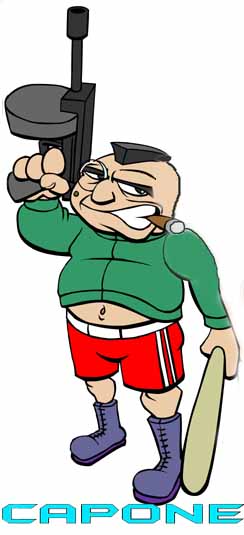Ain't It Cool News (www.aintitcool.com)
Movie News
Capone talks to legendary director-writer-producer-composer John Carpenter about THE THING--celebrating its 30th Anniversary--and his appearance in Chicago this weekend!!!
Hey everyone. Capone in Chicago here.
Readers Talkback

